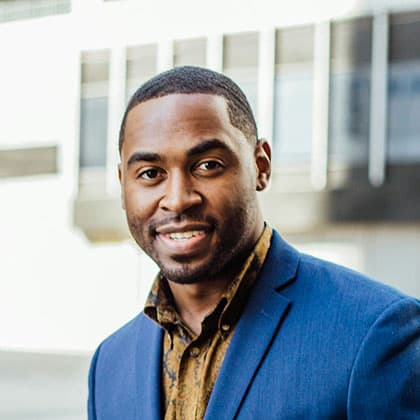Our Services
Comprehensive Services
Handicapped Children Rehabilitation Program
A well-structured rehabilitation program for handicapped children should provide holistic support, addressing physical, cognitive, emotional, and social development. Below is a detailed outline of essential services.
Medical Rehabilitation Services
a) Physiotherapy
Purpose: Improve mobility, muscle strength, and coordination.
Activities:
Stretching and strengthening exercises
Gait training (walking practice)
Hydrotherapy (water-based exercises)
Use of assistive devices (walkers, braces, wheelchairs)
b) Occupational Therapy
Purpose: Enhance daily living skills and independence.
Activities:
Fine motor skill training (grasping, writing, buttoning)
Sensory integration therapy (for children with autism or sensory disorders)
Adaptive equipment training (special utensils, dressing aids)
c) Speech & Language Therapy
Purpose: Improve communication and swallowing abilities.
Activities:
Articulation and pronunciation exercises
Augmentative and Alternative Communication (AAC) for non-verbal children
Feeding therapy for children with swallowing difficulties
d) Orthopaedic & Prosthetic Support
Purpose: Assist children with limb differences or amputations.
Services:
Custom prosthetic and orthodontic fittings
Mobility training with artificial limbs
Post-surgery rehabilitation
2. Psychological & Behavioral Support
a) Child Psychology & Counselling
Purpose: Address emotional and behavioural challenges.
Services:
Individual and family therapy
Behavioural modification techniques
Play therapy for trauma or anxiety
b) Special Education & Cognitive Development
Purpose: Support learning and intellectual growth.
Services:
Individualised Education Plans (IEPs)
Memory and problem-solving exercises
Assistive technology (text-to-speech software, Braille tools)
3. Social & Recreational Services
a) Social Skills Training
Purpose: Improve interaction and peer relationships.
Activities:
Group therapy sessions
Role-playing social scenarios
Community outings for real-world practice
b) Adaptive Sports & Recreation
Purpose: Promote physical fitness and teamwork.
Activities:
Wheelchair basketball, swimming, or boccia
Art and music therapy
Nature-based therapy (horseback riding, gardening)
4. Family & Caregiver Support
a) Parent Training & Counselling
Purpose: Equip families with skills to support their child.
Services:
Workshops on handling behavioural challenges
Stress management and coping strategies
Financial planning for long-term care
b) Respite Care
Purpose: Provide temporary relief for caregivers.
Services:
Short-term daycare for children
In-home support services
5. Assistive Technology & Accessibility Services
Mobility Aids: Wheelchairs, walkers, crutches
Communication Devices: Speech-generating devices, hearing aids
Home & School Modifications: Ramps, sensory-friendly classrooms
6. Community Integration & Advocacy
Awareness Programs: Workshops to reduce stigma
School Inclusion Support: Training for teachers on inclusive education
Vocational Training (for older children): Job skill development


